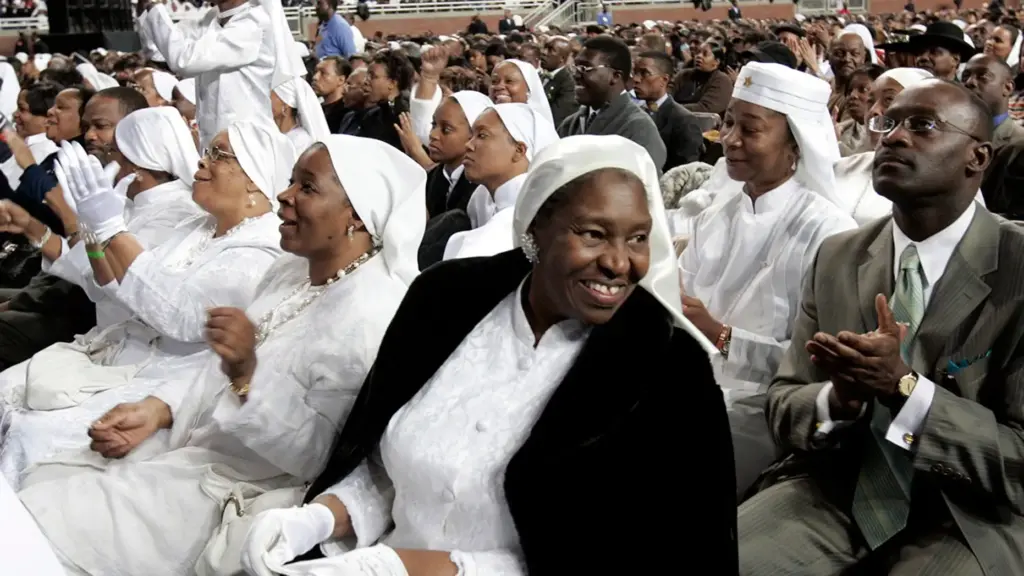A 19th-century experiment in individual sovereignty and equitable commerce in Brentwood, New York.
The Utopian Community of Modern Times was a notable experiment in creating a utopian society. It existed from 1851 to 1864 in what is now Brentwood, New York, and was founded by Josiah Warren and Stephen Pearl Andrews. This community was unique for its time, embodying Warren’s principles of individual sovereignty and equitable commerce.
Background
Josiah Warren, an inventor and industrialist, became interested in utopian communities after his experience at New Harmony, Indiana, a socialist community founded by Robert Owen in 1825. Warren’s disillusionment with New Harmony’s authoritarian and socialist structure led him to develop his own theories. He advocated for individual sovereignty, defined as the moral right of a person to have bodily integrity and be the exclusive controller of one’s own body and life. Warren also believed in equitable commerce, where goods and services should be traded based on labor exerted rather than subjective value.
Establishment
In 1851, Warren, along with Andrews, a lawyer and abolitionist, established the Utopian Community of Modern Times. Andrews, fascinated by Warren’s ideas, wrote a book to give these concepts a wider audience. The community was based on the principles of individual sovereignty and equitable commerce, with land sold at cost to settlers under specific conditions to prevent profiteering.
Life at Modern Times
The community attracted various settlers, including William Metcalf, who was the first to build a home in the spring of 1851. By 1855, the New York State census reported 85 residents, growing to 126 by 1860. The community operated on a labor-for-labor exchange system, but residents soon had to seek work outside to afford necessary goods. Despite its anarchistic nature, with no government or laws, the community saw no crime or violence during its existence.
Decline and Renaming
Multiple factors contributed to the community’s decline. The economic panic of 1857, the Civil War, and challenges in maintaining the principles of equitable commerce played roles. Some skilled workers began seeking financial gain outside the community. The Civil War presented a dilemma for residents who believed in individual sovereignty, yet 15 men from Modern Times enlisted in the Union Army, a higher proportion than from the Town of Islip as a whole.
In 1864, the community members decided to change the name of their town to Brentwood, partly to escape the unfavorable publicity associated with the name Modern Times. This marked the end of the Utopian Community of Modern Times, an experiment that attempted to realize a society based on unique principles of individual freedom and fair economic practices.




